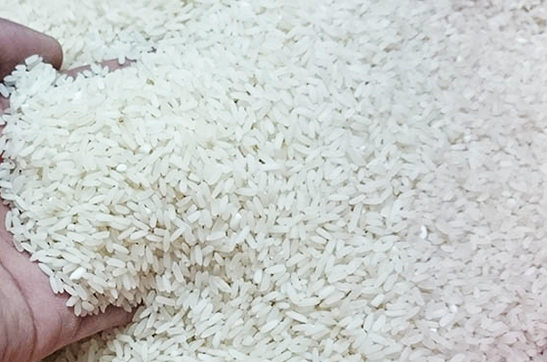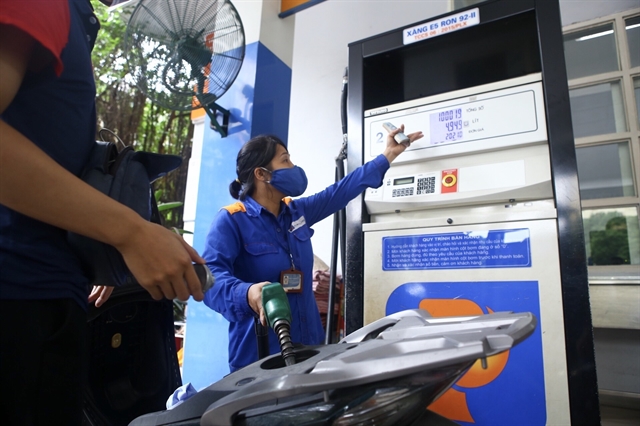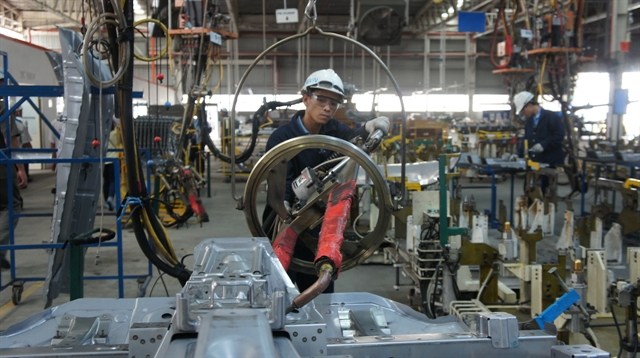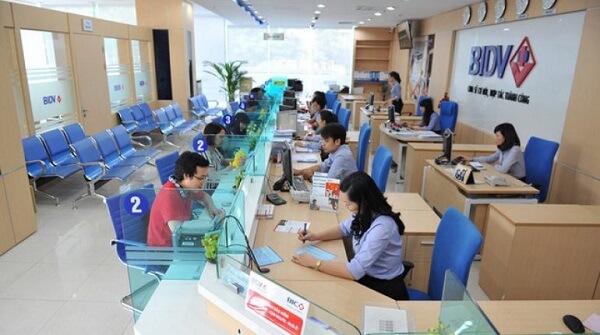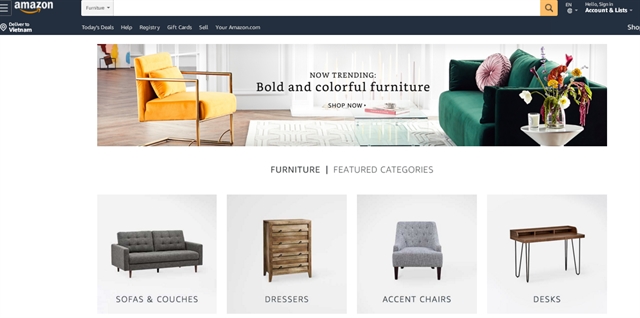
HÀ NỘI — Domestic wood processing enterprises are urged to use more online commercial channels to find new markets and customers, especially during the COVID-19 epidemic.
Trần Việt Tiến, a leader of the Handicraft and Wood Industry Association of HCM City (HAWA), said: “With lots of new designs and models for their products, many local furniture firms still cannot find orders due to the current epidemic.”
Dzung Nguyen, CEO of HMD Information Technology, a member of California-based Yes4All firm said: “Vietnamese furniture shipments will be available on Yes4all’s sale channels in May at the latest."
The CEO, who said Yes4All is active on Amazon and Ebay, declared that such shipments result from a long journey of negotiation and preparation between Yes4all and NCT, a local furniture brand specialising in exporting to European markets.
With more than 10 years of experience in selling sporting goods online, Yes4All saw an opportunity in selling Southeast Asian furniture products to US customers.
The CEO said: "Like kitchen utensils, furniture items can be sold online,” adding it was time for furniture firms to join online distribution channels.
Dzung said furniture chains has begun to list products on e-commerce sites like Etsy, Amazon and Wayfair.
At the same time, Nguyễn Ngọc Dũng, Vice President of Vietnam E-Commerce Association (Vecom), said that e-commerce is the best solution for the wood processing industry, as the COVID-19 epidemic was "blocking" the industry to customers in China and also halting a lot of trade fairs around the world. Concerned about infection, many shoppers are avoiding traditional furniture showrooms.
As a result, Dũng said: "Going to O2O (online to offline) will be the fastest way to adapt to current fluctuations."
Access to cross-border shoppers
O2O was a retail business model that combines both online marketing and introduction of products to attract customers to buy them at the stores (offline).
According to the experts, IKEA's "interior tycoon" is a good example of the O2O model when it has applied virtual reality to the sale of furniture products.
Acknowledging the benefits of O2O, HAWA’s Tiến mentioned one difficulty: “Applying the O2O model is not simple, as it requires firms to spend more on human resources and technology.”
For example, Tiến said: “The 3D and VR technology that helps buyers see and experience the products is costly.”
More importantly, Tiến said: “No matter how much they spent on online channels, the businesses must never forget their offline systems, like showrooms and workshops.”
“At the end of the day, the most important factor is the quality of the products and the real experience of the users,” said Tiến.
Wood chips are Việt Nam’s main export products to China, with a turnover of more than US$972 million in 2019, or 79.2 per cent of total export turnover of wood and timber products. Meanwhile, Việt Nam imported wooden planks worth $400 million.
The Government has set a target of $20 billion in wood exports by 2025 – nearly double the current turnover. To achieve this goal, it will require fundamental changes in both business strategies in each enterprise and the development strategy of the whole industry.
The industry meanwhile is also calling on the Government’s support in institutional and policy environment to create the most favourable conditions for their business activities. In addition, the Government also needs to create a channel to promote Việt Nam’s clean wood and timber brand. — VNS

